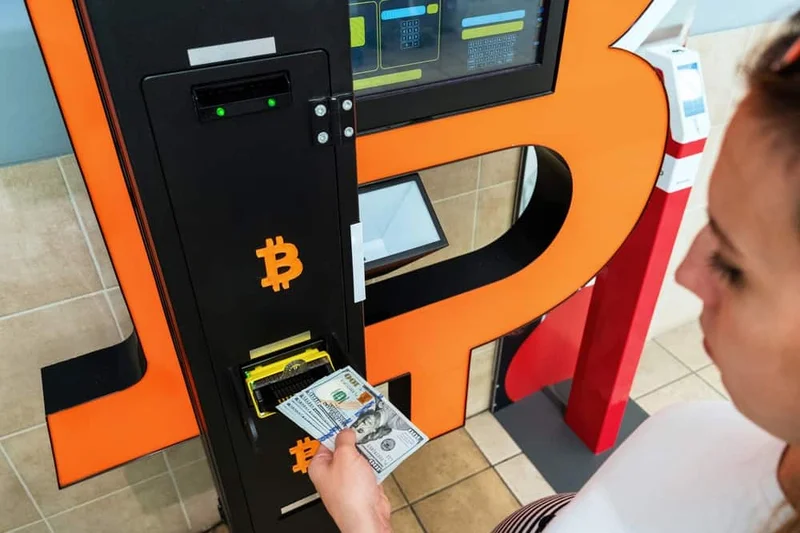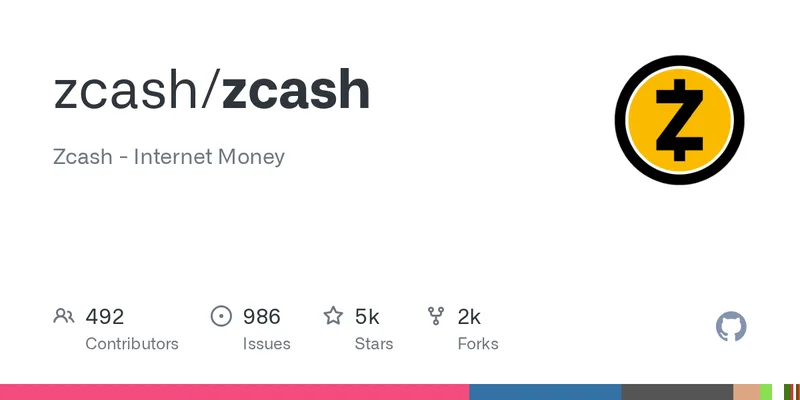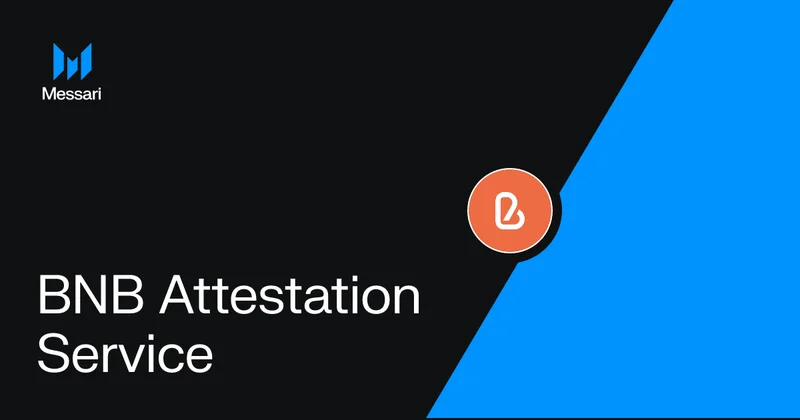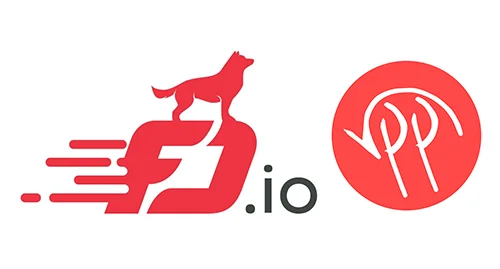So, About That Binance Pardon: What It *Really* Means for Your Crypto
Of course, the President pardoned him. Were you expecting anything different?
I woke up Thursday to the news that Trump pardons Binance founder Changpeng Zhao. And my first thought wasn't outrage. It wasn't shock. It was just a tired, hollow feeling of resignation. This is the world we built. The swamp didn't get drained; it just got tokenized and sold as a governance token to the highest bidder.
Let’s not dance around the facts here. CZ, as he’s known, wasn’t in prison for jaywalking. He pleaded guilty to failing to stop criminals from using his platform to move money. And not just any criminals. We’re talking funds connected to child sex abuse, drug trafficking, and terrorism. He stood in court and said, “I failed here. I deeply regret my failure, and I am sorry.”
Sorry enough to do his time, I guess, but not sorry enough to avoid calling in a favor from the most powerful man on the planet. And what a favor it was. How does one get on the presidential pardon waitlist these days? Does it help to have, say, deep financial ties to the President’s family?
The Price of Forgiveness
Let’s follow the money, because it’s never really that hard. Trump and his sons, Eric and Don Jr., launched a crypto venture called World Liberty Financial. It’s a patriotic-sounding name for what is, essentially, another digital money pot. Trump’s latest financial disclosure shows he personally raked in over $57 million from this little project last year. Fifty. Seven. Million.
And what a coincidence! Zhao has "deep ties" to this very same company.
But wait, it gets better. World Liberty Financial recently announced that an investment fund in the UAE would be using $2 billion of its proprietary stablecoin, USD1, to purchase a stake in—you guessed it—Binance. It’s so perfectly, elegantly corrupt it’s almost beautiful. It’s like a Rube Goldberg machine of graft. A pardon request goes in one end, and a river of cash comes out the other. Are we really supposed to believe these events are unrelated? Do they think we’re that stupid?

This isn’t some backroom deal whispered in a smoke-filled room. It’s all right there, on the public ledger, for anyone to see. It’s the kind of brazen, look-me-in-the-eye corruption that says, "Yeah, I did it. What are you going to do about it?" And the answer, offcourse, is nothing. We’ll do nothing. We’ll just watch the price of Bitcoin flirt with $120,000 and pretend the system isn't compleatly broken.
"No Identifiable Victims"
The official White House statement is a masterpiece of gaslighting. Press Secretary Karoline Leavitt claimed the Biden administration only prosecuted Zhao out of a “desire to punish the cryptocurrency industry.” She then had the nerve to say there were “no allegations of fraud or identifiable victims.”
Read that again. No identifiable victims.
This is disgusting. No, 'disgusting' doesn't cover it—this is a morally bankrupt statement that spits in the face of every person harmed by the filth that sloshed through Binance’s pipes. The child abuse victims aren't "identifiable"? The families destroyed by drug cartels aren't "identifiable"? The people murdered by terrorist groups funded through anonymous transactions—they don't count? It’s a level of cynicism so profound it creates its own gravity.
This is the part that truly gets me. It’s not just the quid pro quo, the blatant exchange of money for political favor. It’s the casual, almost bored dismissal of the human cost. It’s the PR-ification of evil. They’ve turned enabling horrific crimes into a simple policy disagreement about the "cryptocurrency industry." It’s like getting a speeding ticket for running a school bus off a cliff. The punishment just doesn't fit the crime, and now, there isn't even a punishment.
And honestly, what’s the point anymore? I spend my days writing about this stuff, trying to connect the dots, and for what? So we can all get angry online for a few hours before the next shiny object distracts us? Sometimes I think I'm the crazy one for even caring. Maybe this is just the new normal. Maybe ethics and accountability were just a fad, like beanie babies or something.
The whole crypto space, from Binance US to the endless shilling of coins like XRP, was supposed to be about decentralizing power. It was a middle finger to the corrupt, centralized institutions that rigged the game. Instead, it just created a new class of ultra-wealthy players who bought their way into the same corrupt, centralized system. They didn't disrupt the game; they just paid the entrance fee. And now, they've got their own get-out-of-jail-free cards.
So This Is How It Ends
This pardon isn't a story about crypto. It's a story about America in 2025. It’s about two sets of rules: one for the connected and one for everyone else. Changpeng Zhao built a financial empire by looking the other way while the worst people in the world used his tools. And for that, he gets a slap on the wrist and a presidential pardon, all because he knew the right people and greased the right palms. Don’t let anyone tell you this is complicated. It ain’t. It’s the oldest story in the book, just with a blockchain twist.
Related Articles
Crypto ATMs: What They Are and Why They're a Total Scam
Your Neighborhood Bitcoin ATM is a Scam Magnet. Why Is Anyone Surprised? So, California finally slap...
Zcash's Breakthrough: Why It's Surging and What the Community Thinks Is Next
I have to be honest with you. For the past few years, watching the Zcash (ZEC) chart has felt like w...
That 700% BNB Attestation Service Pump: What Is It and Should You Even Care?
So, let me get this straight. There’s a token called BNB Attestation Service, or BAS, that went on a...
Aster Crypto: What It Is and a Clear-Eyed Price Analysis
An online search for "Aster" yields a peculiar mix of results. You find pages for the common fall as...
The OpenVPP & SEC Controversy: What Really Happened and What It Means for Crypto's Future
It started, as so many stories do now, with a single image posted to the digital town square. A phot...
Emma Stone's Plastic Surgery Speculation: An analysis of the photos and the data behind the rumors
The public appearance of a high-value asset always generates data. On September 30, 2025, that asset...





